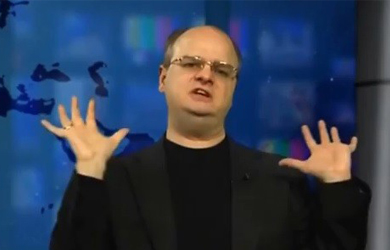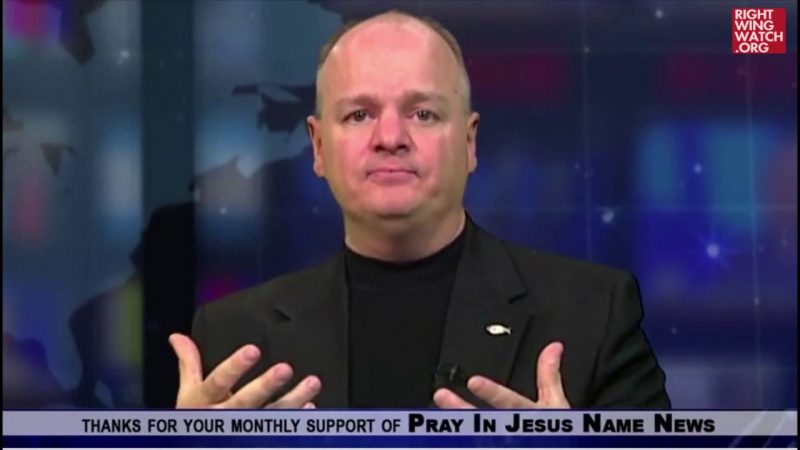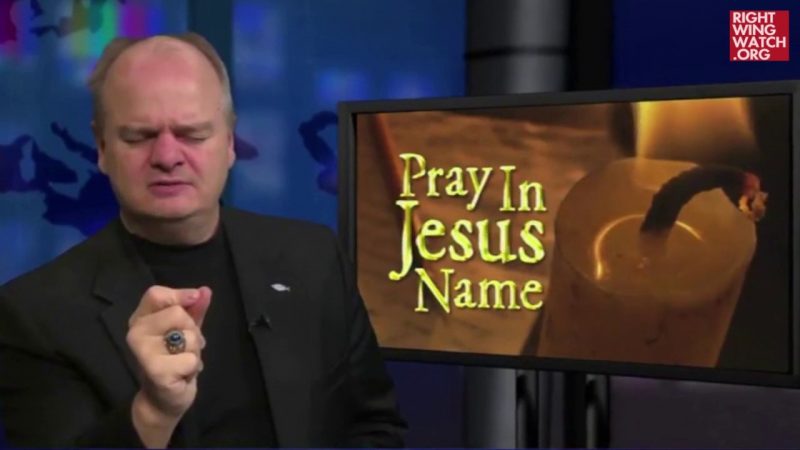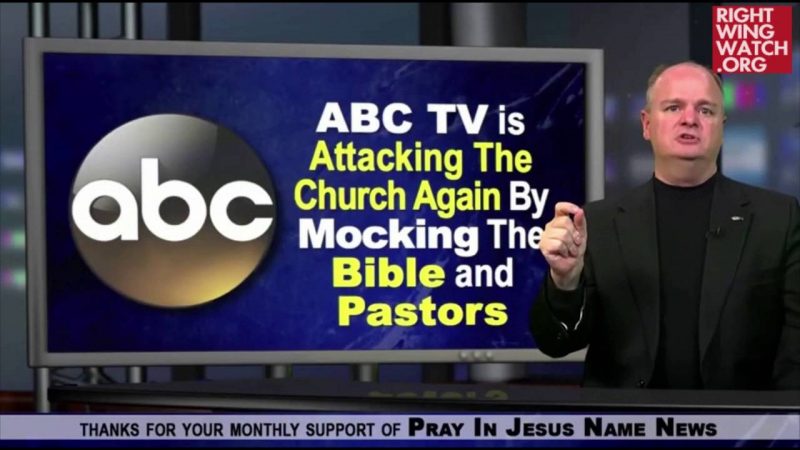Religious Right activist and former Colorado Republican state legislator Gordon Klingenschmitt suggested on his “Pray In Jesus Name” program last week that it is a violation of the separation of church and state to criticize Christian politicians for things that they say outside of their official capacity as elected officials.
Klingenschmitt was interviewing fellow anti-LGBTQ activist Peter LaBarbera about the announcement that Tennessee state senator Mark Green had withdrawn his nomination to serve as secretary of the army amid controversy over his past anti-LGBTQ and anti-Muslim comments.
Klingenschmitt, who repeatedly got himself in trouble during his one term in the Colorado legislature over statements that he made on his “Pray In Jesus Name” program, suggested that it was somehow unfair to hold elected officials accountable for “private comments” they make on radio or television shows, which is what he said happened to Green, as well as to himself.
Insisting that his television program is his pulpit from which he should be free to assert that transgender individuals “are demon-possessed and they are evil” without it reflecting on him in his role as a legislator, Klingenschmitt noted that some of Green’s controversial comments were made as “private speech during a radio interview and not during any conduct that he would have had on the floor of the legislature; that sounds exactly like what they did to me when I was a representative.”
LaBarbera lamented that Green had fallen victim to the “LGBTQ hate machine” and Kilngenschmitt agreed, saying that critics “hate us, they hate Jesus, they hate our religious freedom or our religious expression.”
“Any time that a Christian legislator like Mark Green or like myself tries to introduce religious freedom legislation, they go after our private comments of what we say in our TV interviews or what I say on the TV show as if I said it in my capacity as a legislator,” Klingenschmitt complained. “They’re unable to separate church and state, whereas Christians actually I think try to be professional and [separate] what I say in church versus what I say as a legislator.”








